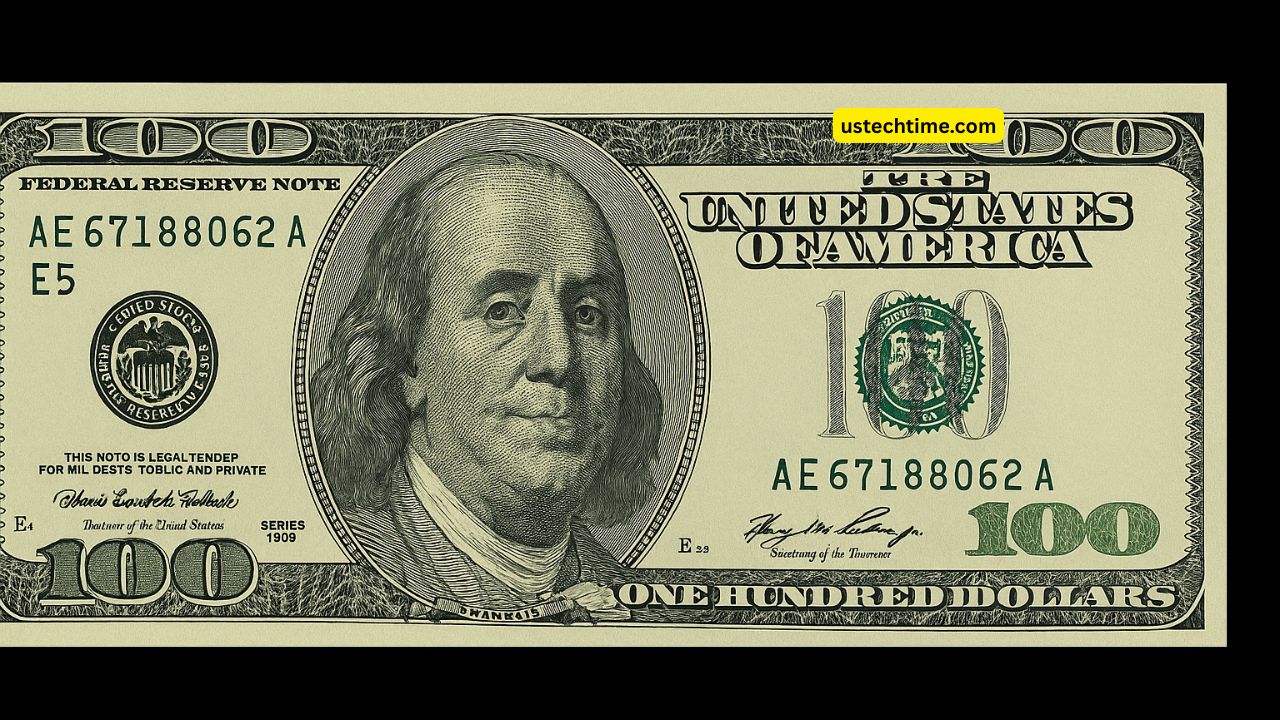This $100 Bill Has A Printing Error That Makes It Worth $20,000
A rare printing error on a $100 bill has caught the attention of collectors and currency enthusiasts alike.
This unique misprint, known as an inverted printing error, has significantly increased the bill’s value, with some specimens fetching up to $20,000 in the collectors’ market.
Understanding the Inverted Printing Error
The inverted printing error occurs when the paper is misaligned during the printing process, resulting in one side of the bill being printed upside down relative to the other.
This type of error is exceptionally rare, especially in $100 bills, making them highly sought after by collectors.
One notable example is a 1996 $100 bill with an inverted printing error, listed for $18,888.88 on eBay. Such errors are not only rare but also visually striking, which adds to their appeal and value among collectors.
Factors Influencing the Value of Error Bills
Several factors contribute to the high valuation of error bills:
- Rarity: The fewer the number of misprinted bills in circulation, the higher their value.
- Condition: Bills in uncirculated or near-mint condition are more valuable.
- Certification: Having the bill authenticated and graded by a professional service can significantly increase its market value.
- Type of Error: More dramatic and noticeable errors, like the inverted printing, are more valuable than minor misprints.
Notable Sales and Listings
Here’s a table highlighting some notable error $100 bills and their listed or sold prices:
| Year | Error Type | Listed/Sold Price | Platform |
|---|---|---|---|
| 1996 | Inverted Printing Error | $18,888.88 | eBay |
| 1988 | Missing Back Printing | $875.00 | eBay |
| 2006A | Mismatched Serial Numbers | $2,700.00 | eBay |
| 1996 | Offset Printing Error | $590.00 | eBay |
These listings demonstrate the significant value that certain printing errors can add to a bill, especially when combined with factors like rarity and condition.
How to Identify a Valuable Error Bill
If you suspect you have a misprinted $100 bill, consider the following steps:
- Examine the Bill: Look for anomalies such as inverted images, misaligned prints, or missing elements.
- Check Serial Numbers: Unusual serial numbers, like mismatched or solid numbers, can add value.
- Consult an Expert: Reach out to a professional currency grader or a reputable coin shop for authentication.
- Protect the Bill: Store the bill in a protective sleeve to maintain its condition.
The discovery of a $100 bill with an inverted printing error underscores the fascinating world of currency collecting.
Such rare errors not only intrigue collectors but also offer substantial financial rewards. If you come across a bill with unusual features, it’s worth investigating further—it might just be a hidden treasure.
FAQs
How can I get my misprinted $100 bill authenticated?
You can submit your bill to professional grading services like the Professional Coin Grading Service (PCGS) or Paper Money Guaranty (PMG) for authentication and grading.
Does the age of the bill affect its value?
Yes, older bills with rare errors can be more valuable, especially if they are in good condition and have been well-preserved.
Are all misprinted bills valuable?
Not necessarily. The value depends on the type of error, the bill’s condition, rarity, and demand among collectors.
